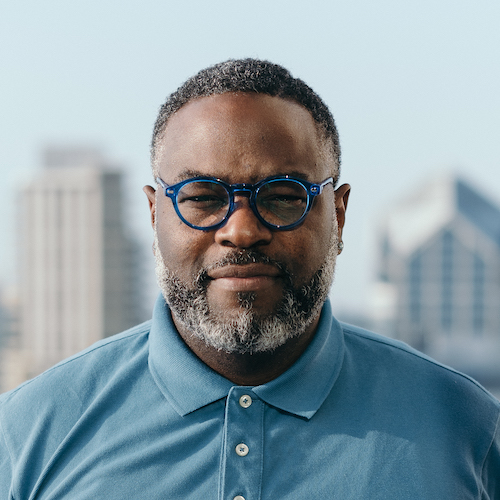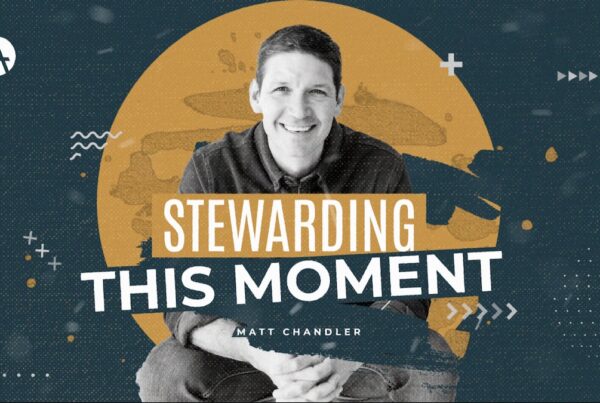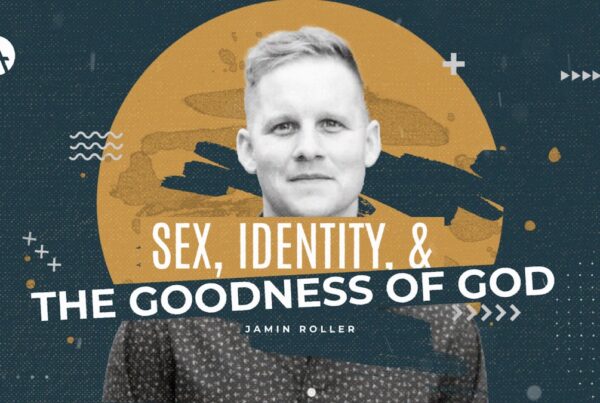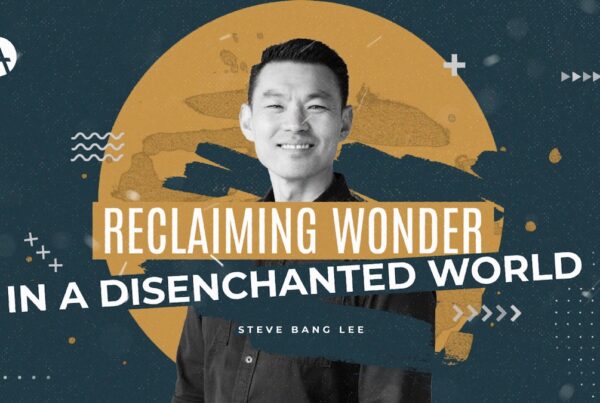Acts 29 board member Doug Logan published his book ‘On The Block’ last month. He writes on the ‘On the Block Collective’ website:
“What Does ‘On The Block’ Mean?
Visibly Displaying the Gospel, Vocalizing the Gospel, and Vehemently Defending the Gospel
When I sit on my stoop in Camden, NJ, one of the worst neighborhoods in America, I see a people marked by brokenness and abandonment. I see the pains of a city formed from the long term neglect of people, agencies and sadly even the Church.
I grew up loving the block. I love the people and the family dynamic that included all races that dwelled there. The corner store owner, the Barber, the garbage man, the drunk dude who everyone knew. All were ingredients of this imperfect, perfect community.”
Here’s a blog from last year that epitomizes all of this. We wish him all the best for the book, and for the mission it articulates.
Our mission was to plant a church in Camden and to engage people for conversions (one of our core-values) and to infuse Christo-centrism into the culture (another core-value) (Romans 15:17-21). In a city of 79,000 people, about 98% are unreached with the gospel, with only 1% attending church. We came in with the hope and the vision to reach unbelievers and ecclesiologically disconnected people with the gospel of Christ.
We sought to connect with unbelievers in multiple regions throughout the city, especially in our target neighborhoods: Fairview, Parkside, and Whitman Park sections of Camden. We sought places in those neighborhoods where the least, the last, and the lost of the city get their daily grind, daily coffee, daily drugs, and their daily idolatry on. Like Paul, we wanted to meet in places ripe with unbelievers and full of people. He engaged them in their context, with their culture, but redemptively through the power of the gospel (Acts 17). This is what I sought to do upon moving into the city of Camden.
Beginning A Simple Conversation
In a specific case with two young men, Jose and Dan, we were simply posted up at my house around the basketball court, and they happened to walk by, and we struck up a conversation.
Let me give you some context here; for over 15 years I’ve bred large, rare breed dogs (Presa Canario, Cane Corso, American Bulldog, South African Boerboel), and when I say large, I mean to the tune of 100-165 pounds. And Jose and Dan breed American Bullies (short, wide Pitbulls).
You see, in many suburban zones Starbucks coffee is the key to the kingdom, as it can serve as a great a place of missional engagement. However, in the “hood,” the basketball courts, parks, and areas where people walk their dogs are awesome points of missional engagement.
In the “hood” basketball courts and areas where people walk their dogs are awesome points of missional engagement.
On this particular day, Jose, Dan, and I struck up a conversation as they were looking at my large mastiff dogs and as they walked their American Bullies. It was amazing to see God give us a point of engagement through dogs, particularly Pitbulls, which have such an awful reputation. In short, our conversation went from dogs to God, from God to belief. Dan professed to be a Muslim and Jose an atheist.
I simply asked if they would be willing to talk to me for about an hour about what they believed, didn’t believe, and what I believed. I then invited them over for some pizza and potato chips, and they agreed.
A few of us got together the next day and listened to their stories.
The Disarming of Division
At the heart of many urban dwellers is a story about them and their lives being damaged and it’s common that they never get to tell anyone about this pain. They are often not listened to and neglected by family. At the core, many people that I meet in the inner city want to know that God hears, and God cares. This was my heart at this meeting with these two young men over pizza and Pitbulls.
At the core, many people that I meet in the inner city want to know that God hears, & God cares.
We sat down and prayed, talked, and got to know each other a little bit, and we listened to their stories, both of which were filled with childhood damage, daddy issues that led to authority issues, family issues that often led to anger issues, and they both had deep mistrust of the church, of God, black men, and particularly preachers.
So we listened, we offered apology and prayer for their pain. We read through scriptures, we shared our stories of pain. One thing we did not do was demonize the church, because we’re a part of Christ’s church, but there are people in Christ’s church, deacons, members, and pastors, who are hurting and hurt others. There are preachers who may not be believers, that are in pain themselves and cause pain to others. There are so-called “servants” in Christ’s church that only serve themselves, and mainly slander and slaughter the hearts and minds of the people of the congregation.
We own Christ’s church and all of its complexities and idiosyncrasies as a philosophy of ministry, and so could only say we’re sorry for our brothers and sisters who have caused hurt and apologize for them in the name of Christ, and ask for forgiveness.
Most people are shocked when we do that. We call this the disarming of division. This often plays a huge role in the conversation that comes after. They’ve been disarmed in many ways, and they seem to listen more intently. For Jose and Dan, they both had theological issues that flowed out of their pain that we wanted to deal with, and we were committed to the clarity of false doctrine, and what we learned was that they both struggle with atonement (Isa 53:1-7; Rom 16:25-27) and assurance.
The Power of God in the Gospel
Both young men had church experiences where they were taught a false idea of atonement. They shared with us their understanding that once you believed in Christ, you would no longer have a desire to sin; therefore they were told they weren’t saved since their flesh still enjoyed and wanted to take part in sin. In fact, Jose was even told that he must have a demon in him, simply because he still enjoyed sin. This led him to the conclusion that it was easier for him to believe that God didn’t exist, because it didn’t make sense to him that a God of love would give this type of mandate.
I prayed with them and shared the gospel, reassuring them with scripture of the realness and rawness of God’s white, hot love. And challenged them to obey and respond with, “Yes Lord” where they currently had beef with God. I reminded them that despite their hardships God calls all people to repent and he forgives and adopts when they do. Several jokes, analogies, and slices of pizza later Dan and Jose received Christ. I had the blessed privilege to baptize them at our public launch gathering service.
They are being discipled and mentored and are actively serving at Epiphany Camden today.












